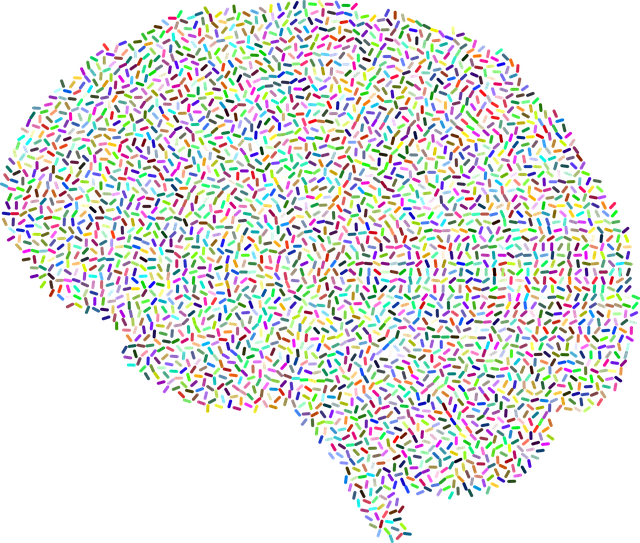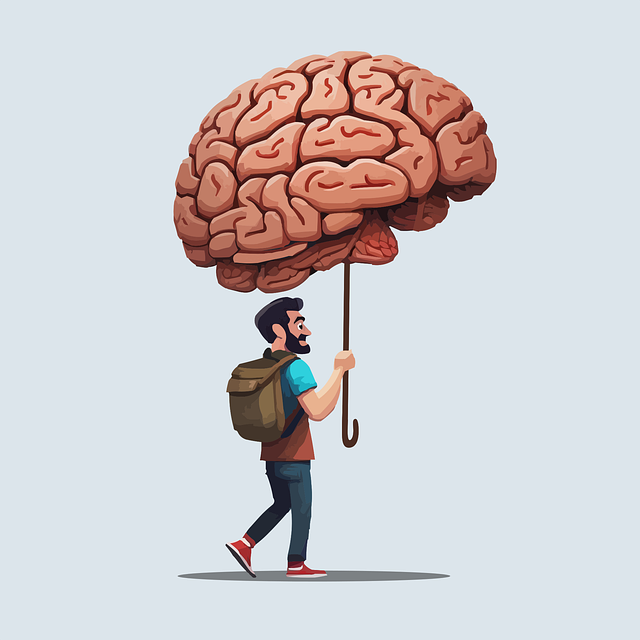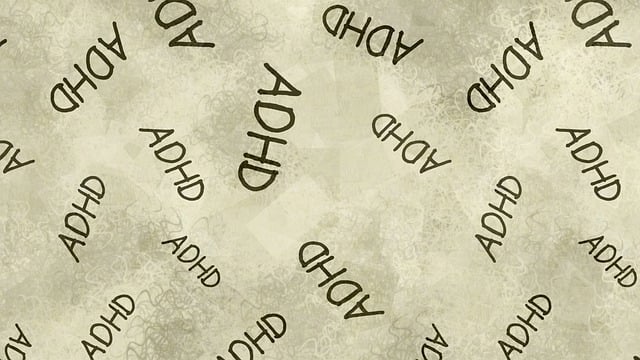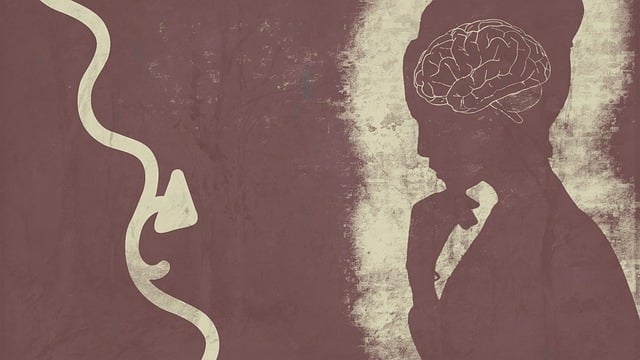Anxiety disorders, affecting millions globally, cause mental distress and physical symptoms. Centennial Gambling Therapy offers innovative solutions using evidence-based methods like compassion cultivation, social skills training, and emotional healing. Combining empathy building with Mind Over Matter principles, it helps individuals challenge negative thoughts and replace them with healthier cognitive patterns. Cognitive Behavioral Techniques (CBT), structured tools for managing anxiety, identify and modify unhelpful thought patterns through mindfulness, relaxation strategies, lifestyle changes, and risk management planning. Centennial Gambling Therapy, tailored by mental health professionals, empowers clients to regain control over their lives and foster healthier relationships.
Anxiety disorders affect millions, impacting daily life and overall well-being. This article explores effective management techniques, from understanding anxiety’s root causes to innovative therapies like Centennial Gambling Therapy, offering a unique approach to calming minds. We delve into evidence-based methods such as cognitive behavioral therapy (CBT) and mindfulness practices, alongside lifestyle adjustments proven to reduce anxiety symptoms.
- Understanding Anxiety Disorders and Their Impact
- Centennial Gambling Therapy: An Innovative Approach
- Cognitive Behavioral Techniques for Management
- Mindfulness and Relaxation Strategies
- Lifestyle Changes to Reduce Anxiety Symptoms
Understanding Anxiety Disorders and Their Impact

Anxiety disorders are a significant mental health concern, affecting millions worldwide and impacting daily functioning. It’s essential to understand that anxiety isn’t just a fleeting feeling; it’s a complex condition with various forms, including generalized anxiety disorder, panic attacks, social anxiety, and obsessive-compulsive disorder (OCD). These disorders can manifest as persistent worry, fear, or avoidance of specific situations, often interfering with an individual’s ability to live a fulfilling life. The impact of anxiety disorders extends beyond the mind; they can lead to physical symptoms like increased heart rate, insomnia, and fatigue, significantly influencing overall well-being.
Centennial Gambling Therapy offers innovative approaches to managing anxiety through evidence-based methods. They utilize compassion cultivation practices, which encourage self-kindness and understanding, helping individuals develop a healthier relationship with their anxious thoughts. Social skills training is another effective strategy, teaching people how to navigate social situations more comfortably and reduce the fear of judgment or rejection. Additionally, emotional healing processes are essential in addressing underlying causes, allowing individuals to process and release traumatic memories or negative experiences contributing to their anxiety.
Centennial Gambling Therapy: An Innovative Approach

Centennial Gambling Therapy offers an innovative approach to managing anxiety by focusing on the interconnectedness of mental health and gambling behaviors. This therapeutic method leverages Empathy Building Strategies to foster a deeper understanding between therapist and client, creating a safe space for vulnerability and trust. By integrating Mind Over Matter Principles, clients learn to challenge negative thoughts and replace them with healthier cognitive patterns, ultimately reducing anxiety triggers associated with gambling.
Moreover, the therapy provides Crisis Intervention Guidance tailored to address sudden spikes in anxiety or distress related to gambling. This proactive approach equips individuals with coping mechanisms to navigate challenging situations, promoting resilience and self-control. Through a holistic combination of empathy, cognitive restructuring, and crisis management, Centennial Gambling Therapy aims to empower clients to take control of their mental well-being and foster healthier relationships with gambling activities.
Cognitive Behavioral Techniques for Management

Cognitive Behavioral Techniques (CBT) are powerful tools in managing anxiety disorders, offering a structured approach to challenging negative thoughts and behaviors. This therapy, often referred to as Centennial Gambling Therapy when applied to specific issues like gambling addiction, focuses on identifying and modifying unhelpful thought patterns. CBT encourages individuals to recognize and question their beliefs, replacing irrational or distorted thoughts with more realistic and positive ones.
By engaging in this process, clients learn coping strategies that help them navigate triggers and reduce anxiety symptoms. The technique involves setting goals, acquiring new skills, and gaining a deeper understanding of one’s thoughts and behaviors. This evidence-based method has proven effective in various settings, including community outreach programs and mental health policy analysis and advocacy initiatives aimed at increasing Mental Health Awareness.
Mindfulness and Relaxation Strategies

Anxiety management techniques often include mindfulness and relaxation strategies, which have gained significant attention in recent years as part of Centennial Gambling Therapy. These methods, such as Mindfulness Meditation, focus on training individuals to be fully present and aware of their thoughts and feelings without judgment. By cultivating a non-reactive mindset, people can learn to disengage from anxious thoughts and reduce the physical symptoms associated with stress.
Relaxation strategies, like deep breathing exercises and progressive muscle relaxation, are also effective tools for managing anxiety. These techniques promote a state of calmness by slowing down heart rate and lowering blood pressure, thereby reducing the body’s response to stress and enhancing overall mental well-being. Incorporating such practices into daily routines can be a powerful way to mitigate anxiety and improve quality of life, especially when coupled with proper risk assessment for mental health professionals to tailor interventions to individual needs.
Lifestyle Changes to Reduce Anxiety Symptoms

Anxiety management often involves making intentional lifestyle changes that can significantly reduce symptoms and improve overall well-being. Regular physical activity is a powerful tool in combating anxiety; it stimulates the release of endorphins, known as “feel-good” hormones, which promote relaxation and positive moods. Incorporating Mindfulness Meditation into daily routines allows individuals to stay present and grounded, reducing the intensity of anxious thoughts. Additionally, adopting healthy sleep habits is crucial for managing anxiety, as adequate rest supports emotional resilience and cognitive function.
Beyond these practices, Risk Management Planning for Mental Health Professionals can be adapted to personal strategies. This involves identifying triggers and developing personalized coping mechanisms, such as engaging in creative pursuits or spending time in nature. Building social connections and fostering a supportive network also play a vital role. Centering oneself around positive relationships enhances a sense of belonging and security, which is protective against anxiety. Moreover, Confidence Boosting techniques, when incorporated into daily life, can empower individuals to confront anxious situations with increased resilience and self-assurance.
Anxiety disorders can significantly impact daily life, but managing them is achievable. This article has explored various effective techniques, from understanding anxiety’s roots to innovative therapies like Centennial Gambling Therapy, cognitive behavioral approaches, mindfulness practices, and lifestyle modifications. By combining these strategies, individuals can gain control over their anxiety, improve well-being, and lead more fulfilling lives. Remember, seeking professional help is a sign of strength, and with the right tools, managing anxiety is a feasible journey towards inner peace.














